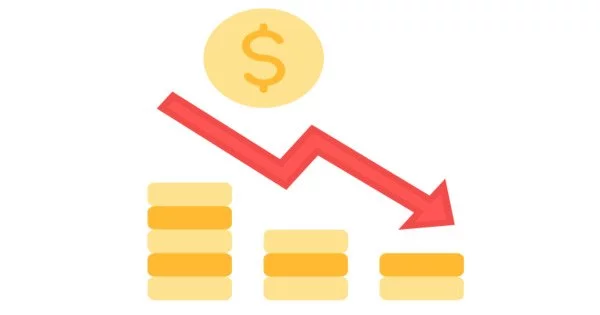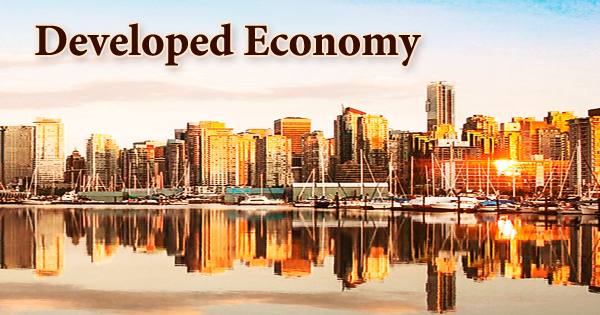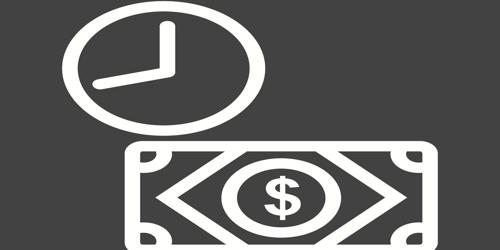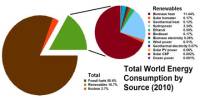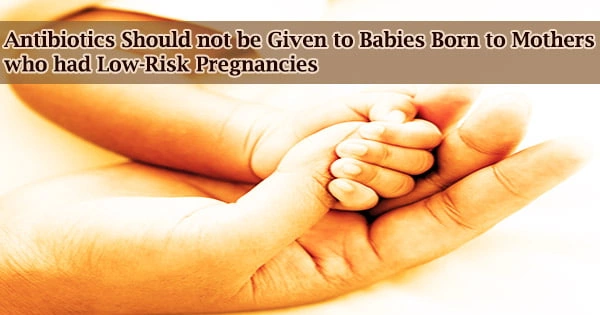An economic collapse refers to a sudden and significant decline in economic activity, often characterized by a sharp decrease in the availability of credit, a sharp drop in stock prices, and a sharp increase in unemployment rates. It is the breakdown of a country’s, region’s, or territory’s economy that typically occurs after a period of crisis. An economic collapse can occur for various reasons, including a financial crisis, a recession, or a depression. It occurs when a severe version of an economic contraction, depression, or recession begins and can last for years depending on the severity of the circumstances.
An economic collapse can occur suddenly as a result of an unexpected event, or it can be preceded by a series of events or signs indicating economic fragility. This can be caused by various factors, such as a financial crisis, a sharp decline in commodity prices, high inflation, a major natural disaster, or political instability.
It is also known as economic meltdown, refers to a wide range of bad economic conditions, such as a severe, prolonged depression with high bankruptcy rates and high unemployment (such as the Great Depression of the 1930s), a breakdown in normal commerce caused by hyperinflation (such as in Weimar Germany in the 1920s), or even an economically caused sharp rise in the death rate and possibly even a population decline (such as in countries of the former USSR in the 1990s). Economic collapse is frequently accompanied by social unrest, civil unrest, and a breakdown of law and order.
Effect
The effects of an economic collapse can be severe and widespread, with many people losing their jobs and savings, businesses failing, and governments struggling to provide basic services. The consequences of an economic collapse can also be long-lasting, as it may take years or even decades for an economy to recover from such a crisis.
This can have serious consequences for individuals, businesses, and governments. It can lead to high levels of unemployment, inflation, poverty, and social unrest. The effects can be long-lasting and may take years to recover from.
Prevention
To prevent an economic collapse, governments and central banks often take measures such as implementing fiscal and monetary policies, injecting liquidity into the financial system, and providing financial assistance to affected individuals and businesses. However, these measures may not always be effective in preventing an economic collapse, particularly if the underlying causes of the crisis are deep-rooted and systemic.
During an economic collapse, it is important for individuals and businesses to take steps to protect themselves. This may include diversifying investments, reducing debt, and increasing savings. Governments may also take action to stimulate the economy through fiscal and monetary policies, such as lowering interest rates and increasing government spending.
Preventing an economic collapse requires proactive measures from governments, businesses, and individuals. This includes promoting economic stability, maintaining low levels of debt, investing in infrastructure, and implementing sound fiscal and monetary policies.
